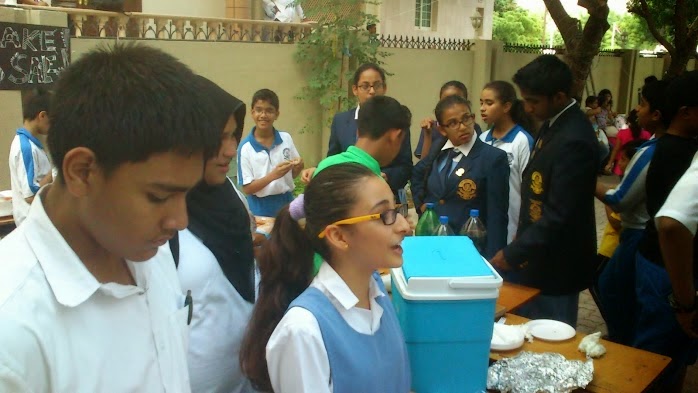~~~~~~~~~~~~~~~~~~~~~~~~~~~~~~~~~
Just Trusting
Those who have had the joy of climbing the Swiss mountains in springtime will have learned to love the Soldanella, with its delicate little mauve bells. Many years ago there appeared a booklet by Lilias Trotter, "The Glory of the Impossible," with a sketch of little plant just above the snow.We have never forgotten her exquisite application of the lesson, as she traced the power of this fragile plant to melt its way through the icy covering into the sunshine overhead.
"Canst thou prevail
To pierce the snow?
Thou art so frail,
And icy winds do blow!"
"I will lift up my head
And trusting, onward go."
" Now hard as rock
Frozen and dry,
Thy strength to mock,
What profits it to try?
The snow will bar thy way."
"On God I will rely."
"Thou art so weak,
Tender and fair,
Why not go, seek
A balmier softer air?"
"God chose my lot for me,
And will sustain me there."
"Wilt thou keep on?
Alas!the fight
Is stern from dawn
Till eve." "Tis not by might
The victory is won;
God puts my foes to flight."
And now above
In blaze of day,
Wonder of love,
We see the flower and say,
"Naught is impossible
To him who trusts alway."
~J.B.L.~
~~~~~~~~~~~~~~~~~~~~~~~~~~~~~~~~
~~~~~~~~~~~~~~~~~~~~~~~
Playthings
To pierce the snow?
Thou art so frail,
And icy winds do blow!"
"I will lift up my head
And trusting, onward go."
" Now hard as rock
Frozen and dry,
Thy strength to mock,
What profits it to try?
The snow will bar thy way."
"On God I will rely."
"Thou art so weak,
Tender and fair,
Why not go, seek
A balmier softer air?"
"God chose my lot for me,
And will sustain me there."
"Wilt thou keep on?
Alas!the fight
Is stern from dawn
Till eve." "Tis not by might
The victory is won;
God puts my foes to flight."
And now above
In blaze of day,
Wonder of love,
We see the flower and say,
"Naught is impossible
To him who trusts alway."
~J.B.L.~
~~~~~~~~~~~~~~~~~~~~~~~~~~~~~~~~
The Cherub
DOWN the path beside the lake,
Where hollyhocks once hung.
I remember the walks I used to take,
Where a crystal fountain sung.
There stood a pool with waters clear,
With water lilies here and there,
Whose perfume filled the summer air,
With the sweetness of a child at prayer.
And in this pool a cherub sat,
Upon a plinth of stone
A marble body round and fat,
He sat there all alone.
Upon his back a pair of wings,
Drooped down into the water.
His fingers set at his lyre strings,
But none heard the sound of laughter.
The morn has come and now I walk,
The path that I once knew;
Few hollyhocks on slender stalks,
The water lilies are few.
Alas! the pool is murky now,
No crystal fountain sings.
Alas! the plinth is empty now
No cherub with drooping wings.
Yet all around I hear a sound,
Of a lyre and a child at play.
Such a joyous music spreads around,
in the glorious light of day.
Sashendra Aponso - Grade 11 (2006)
Sri Lankan School Muscat
~~~~~~~~~~~~~~~~~~~~~~~
Playthings
Child how happy you are sitting in the dust,
playing with a broken twig all the morning.
I smile at your play with that little bit
of a broken twig.
I am busy with my accounts, adding up
figures by the hour.
Perhaps you glance at me and think,
"What a stupid game to spoil your morning with!"
Child, I have forgotten the art of being
absorbed in sticks and mud-pies.
I seek out costly playthings, and gather
lumps of gold and silver.
With whatever you find you create your
glad games, I spend both my time and my
strength over things I never can obtain.
In my frail canoe I struggle to cross the
sea of desire and forget that
I too am playing a game.
~Rabindranath Tagore~
.jpg)
.jpg)









































